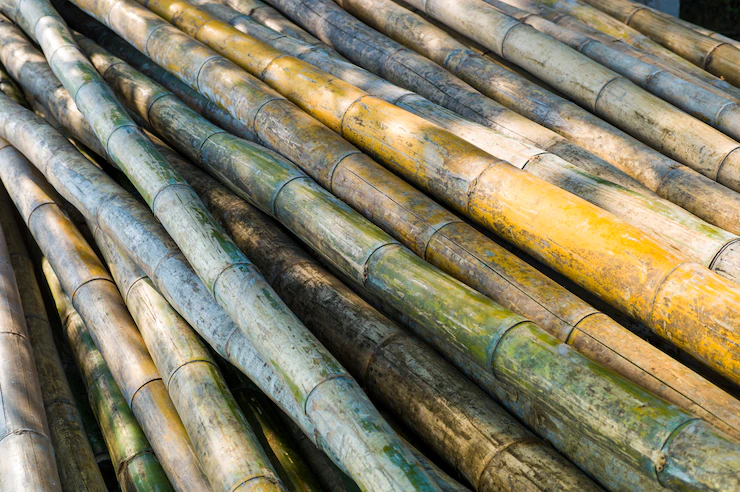Bamboo cultivation has indeed shown great potential in South Africa due to its various benefits and applications. While traditionally not native to the region, bamboo can be successfully grown in South Africa’s diverse climates and soils. Here are some key points highlighting the growing potential of bamboo cultivation in South Africa:
- Environmental Benefits: Bamboo is a highly sustainable and renewable resource. It has a rapid growth rate and can be harvested in 3-5 years, unlike many hardwood trees that take decades to mature. Bamboo also releases more oxygen into the atmosphere and absorbs more carbon dioxide compared to other plants, making it an effective tool in combating climate change and reducing greenhouse gas emissions.
- Economic Opportunities: Bamboo cultivation offers numerous economic opportunities in South Africa. The plant has a wide range of applications, including construction, furniture, handicrafts, paper, textiles, and even as a food source. By developing bamboo industries, South Africa can create employment opportunities, boost rural economies, and generate income through exports.
- Job Creation: Bamboo cultivation requires labor-intensive activities such as planting, harvesting, and processing, which can create employment opportunities, particularly in rural areas where job opportunities may be limited. This can contribute to poverty alleviation and the improvement of livelihoods.
- Biodiversity and Ecosystem Restoration: Bamboo can play a crucial role in restoring degraded lands and protecting ecosystems. Its extensive root system helps control soil erosion and improves water retention. Additionally, bamboo plantations can provide habitat for various wildlife species, contributing to biodiversity conservation efforts.
- Diverse Growing Conditions: South Africa’s varied climate and soil conditions make it suitable for growing different bamboo species. The country’s diverse range of climates, from tropical to temperate, allows for the cultivation of both cold-tolerant and heat-tolerant bamboo species.
- Water Efficiency: Bamboo is known for its water efficiency compared to many other crops. It requires less water for growth and maintenance, making it a viable option for regions facing water scarcity or drought conditions.
- Potential for Export: With its abundant bamboo resources, South Africa has the potential to become a major exporter of bamboo products. The global demand for sustainable and eco-friendly materials is growing, presenting an opportunity for South African bamboo industries to tap into international markets.
However, it’s worth noting that the successful development of bamboo cultivation in South Africa would require supportive policies, research, and investment in infrastructure and processing facilities. Collaboration between government, private sector, and local communities is essential to harness the full potential of bamboo and ensure its sustainable development in the country.
Join 'Farmers Mag' WhatsApp Channel
Get the latest Farming news and tips delivered straight to your WhatsApp
CLICK HERE TO JOIN






